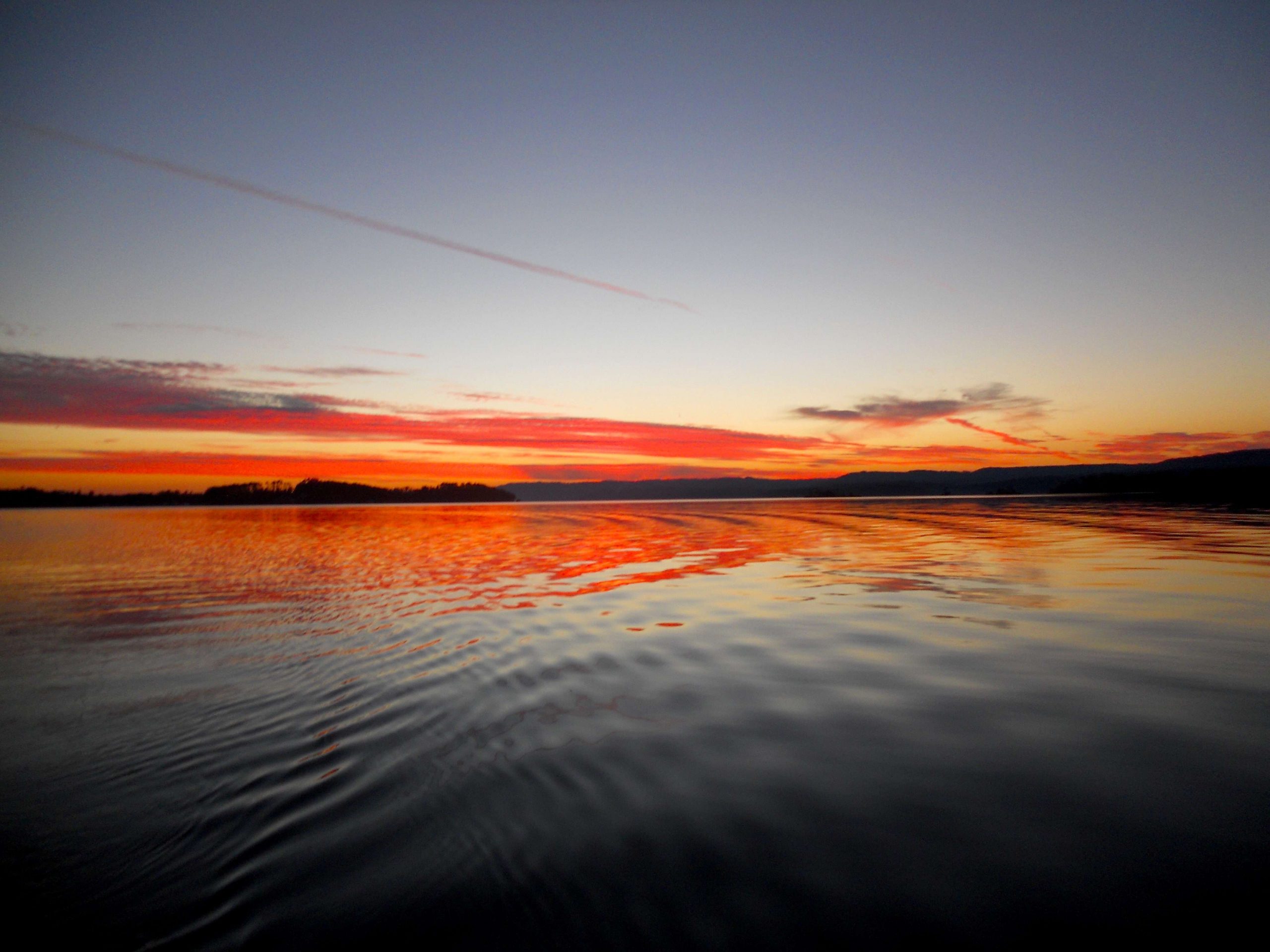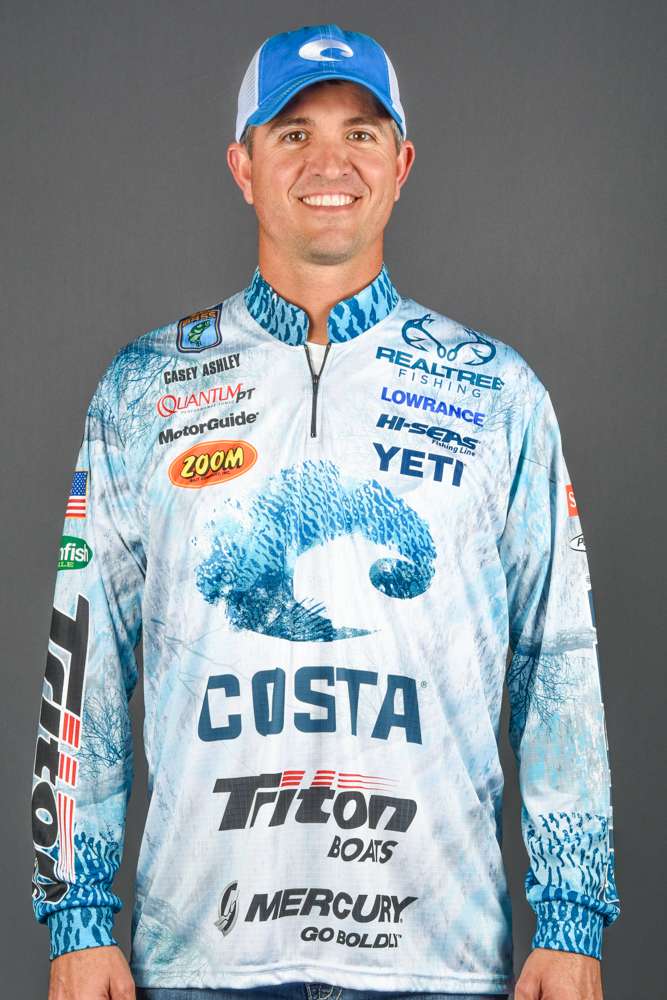
When I started traveling the country as a professional fisherman I had to give up some of the activities I used to enjoy doing. One of the things I miss the most is night fishing.
There’s something special about being out on the lake after dark and with summertime temperatures so dadgum hot, it’s a nice break to fish when it’s cooler. I grew up doing this on Lake Russell, Hartwell and Clarks Hill, but you can enjoy this type of fishing anywhere in the country.
I fished a lot of night tournaments when I was growing up, and I learned that there’s a good mix of considerations. For one thing, you’re usually fishing for shorter periods of time. It’s not like you’re out there for eight hours beating the bank.
Typically, you’re only fishing three to four hours, so that adds a sense of urgency because you know you have less time to pattern the fish and catch what you can catch. On the other hand, you’re fishing in more comfortable conditions so it doesn’t wear out your body.
As far as finding the fish, nighttime and daytime fishing can be two different animals. For one thing, the offshore stuff is no longer relevant because of the decreased visibility.
On the flip side, if you’re on a lake that has a lot of docks with lights, those are automatic. Even if the light’s not actually on the dock, maybe it’s just a street light or a light in someone’s backyard, if it casts a little light on the water the fish will hang around it.
That’s because baitfish hang around the light. They know something’s trying to eat them, so they need to be where they can see to avoid getting eaten. The baitfish can’t watch every angle, and the bass take advantage of this visibility to sneak up and ambush the baitfish.
And speaking of sneaking up on someone, the lake I grew up on — Lake Russell — has a lot of standing timber, but there are no dock lights, no houses; it’s pitch dark. When you’re fishing this lake, one thing is always in the back of your mind: “I hope a snake doesn’t drop in the boat with me because I’m not going to be able to see him.”
Some guys put lights on their boats for night fishing, but then you’re giving away your fishing location.
Another consideration is that you tend to move more slowly at night because you can’t see as well. It’s kind of like those cold, rainy days when your body just wants to hunker down and you can’t seem to move as fast as you do in nice weather.
And when you’re running from spot to spot, you have to go slower at night because you don’t want to hit any standing timber, stumps or anything else. That means it’ll take you longer to travel between spots, so that might make you change your game plan on how you’re going to fish a tournament.
When you’re making your casts or your pitches, you’ll notice that your eye-to-hand coordination is less precise at night because, unless you’re fishing lights, you can’t see where your bait falls. This is where boat positioning and electronics can play a key role.
If you have a waypoint for a brush pile, you’ll want to position your boat so you have a good casting angle and then reference your distance to the spot to make the best cast you can make. A lot of it will still come down to feel, but you want to give yourself every advantage possible to overcome the lack of visibility.
I can say, from experience, that fishing at night actually makes you more in-touch with your baits. Because you can’t run the bait by your boat and take a look at the action, you learn to feel how it’s running and notice any irregularities.
Maybe you threw over a leaf and when you started reeling, your hook got snagged. Or maybe your worm slipped down and got balled up on the hook when you cast. Being able to detect any kind of problem with your bait allows you to correct it.
I think this increased sensitivity also benefits you in the daytime because it helps you become more in tune with your bait and that eliminates wasted casts.
When I’ve fished at night, I’ve noticed that the fish are more likely to suspend over and around vertical structure like brush, stumps, standing timber, road beds, docks and bridge pilings, rather than hold down around the bottom because they don’t need to hide as much. The baitfish still like that cover because it holds the algae that they eat, so the fish would rather hold higher in the water where they can feed more easily.
I like a big profile bait like a full sized mop jig or a Zoom Old Monster worm for night fishing because it displaces a lot of water and it’s easy for the fish to locate.
When you get a big one to bite, you might want to loosen your drag a little bit, especially with spinning tackle. A lot of times, a fish doesn’t know what’s going on until later in the fight because he won’t see the boat as easily as he does during daylight hours. Once he realizes what’s going on, he’s going to get wild, so you want to be ready for that.
But don’t worry if you lose one. That’s another benefit of night fishing — there’s a good chance nobody will see you.

